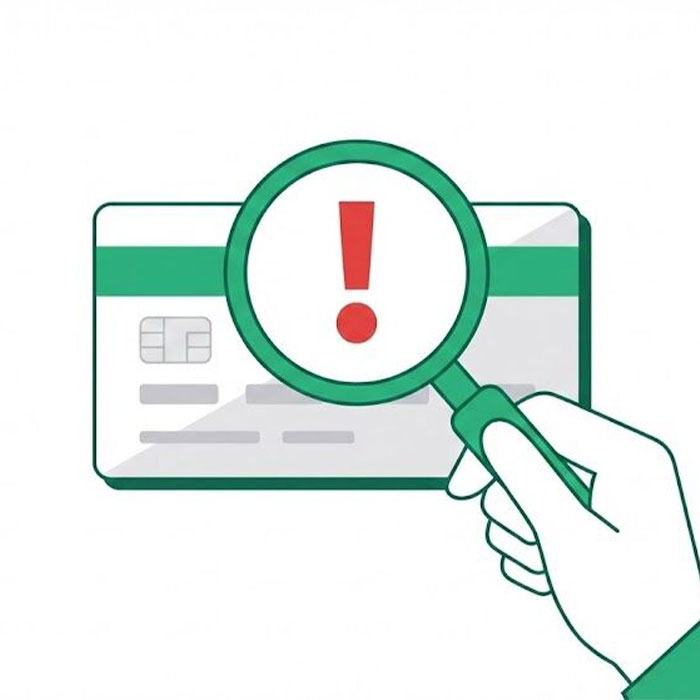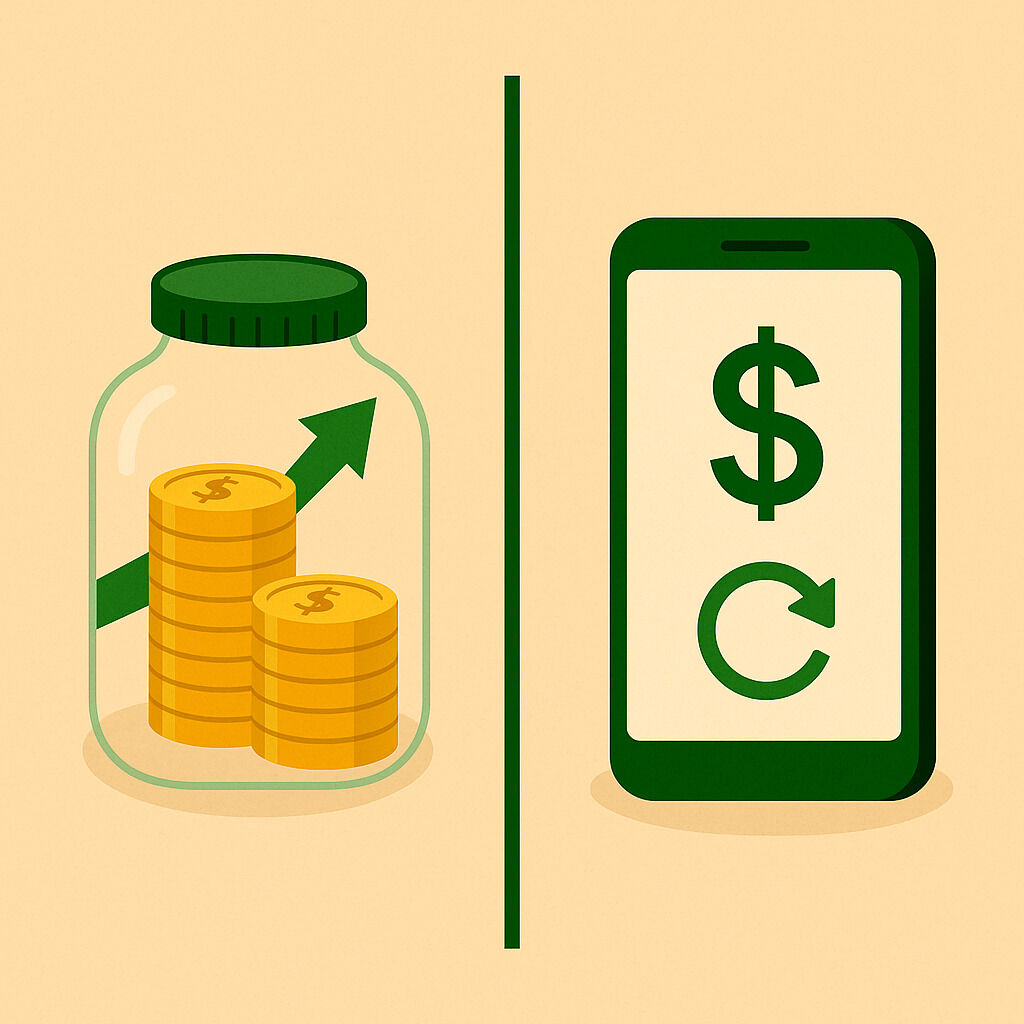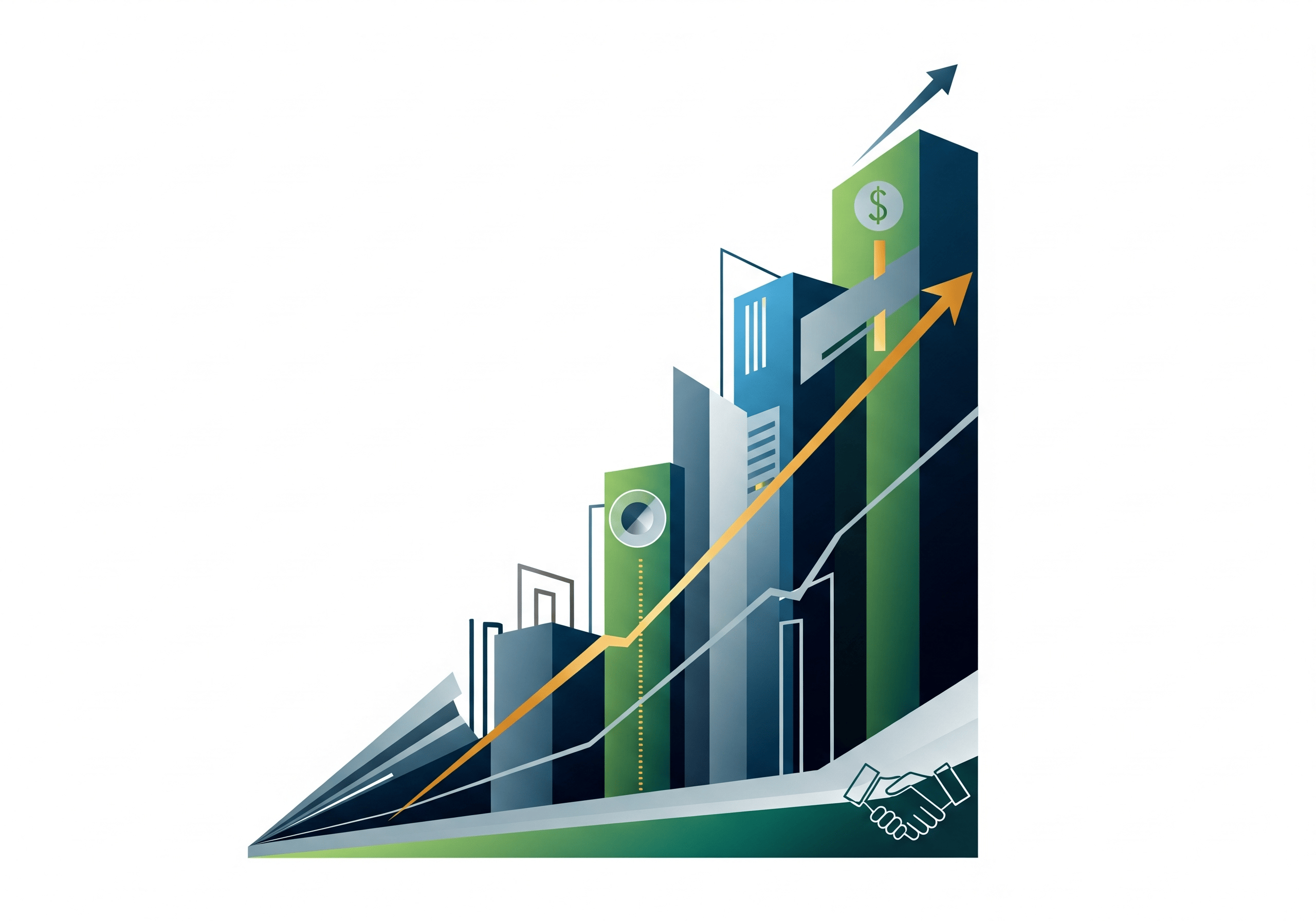Building credit in 2026 gets better with access to tools, more visibility, and more opportunities with fintech products that significantly help your financial standing and spending habits. Nowadays, programs and applications help you know which habits are moving your score and which are just unnecessary noise. Credit affects everything in financing- from renting an apartment to qualifying for a car loan; many people simply get stuck on where to start.
If you’re trying to move forward—whether you’re rebuilding after setbacks or starting from zero—the proper steps can make credit feel a lot more manageable. These seven approaches help you build momentum, stay in control, and track progress in a way that actually feels doable.
1. Know What Shapes Your Credit Score
A strong credit foundation starts with understanding what goes into your score. According to FICO®, payment history makes up 35% of your score¹, which means on-time payments carry the most significant weight. Another 10% comes from credit mix¹, showing how well you handle different types of accounts.
Your credit report reflects how reliably you repay what you borrow, how much of your available credit you’re using, and how long your accounts have been open. Each of these components adds to the story lenders see.
For readers who want a deeper look at practical habits that influence these factors, 7 Smart Ways to Build Credit in 2025 offers a helpful breakdown of proven strategies you can apply again in 2026.
2. Use a Starter Credit Card or Secured Card
If you’re new to credit or rebuilding, a secured credit card remains one of the easiest entry points. You simply put down a deposit, and that deposit becomes your spending limit. For a deeper explanation of how these products function, resources like What Is a Secured Credit Card and How Does It Work? help break down how deposits, reporting, and spending limits work in real-world scenarios.
As long as the card reports to all three bureaus—Equifax, Experian, and TransUnion—your on-time payments can help you build a positive record. Student cards and beginner-friendly cards also help you show consistent payment behavior. Keeping balances low and paying them off every month indicates that you’re not relying too heavily on credit and that you’re able to manage your money responsibly.
3. Try a Credit-Builder Loan That Helps You Save While You Build
Credit-builder loans continue to grow in popularity because they help you build credit without needing access to funds upfront. If you’re exploring how these tools work at a deeper level, guides like What Is a Credit-Builder Loan? offer a clear breakdown of how locked savings, monthly payments, and credit reporting tie together.
Cheers Credit Builder is designed for this exact purpose. With Cheers, your monthly payment activity² is reported to all three major credit bureaus. Payments are held in a Certificate of Deposit (CD) and returned to you at the end of your term, minus interest. Plans range from $24 to $144 per month over 24 months³, allowing you to choose a budget that fits your situation.
Cheers is designed to be simple and predictable:
- No hard credit check
- No application fees, maintenance fees, or membership charges⁴
- A fixed 12.15% APR⁵
- Accelerated reporting⁶ that reports your account and first payment within 15 days
For many users with fair credit, internal data shows that consistent on-time payments have led to increases of 20+ points within two months⁷. Results vary, but habits like these help build a strong foundation.
Cheers is a financial technology company and not a bank. Deposit accounts are held by Sunrise Banks, N.A. Member FDIC⁸.
4. Become an Authorized User on a Trusted Account
If someone close to you has strong credit habits, being added as an authorized user on their card can help you grow your history. You don’t need to use their card—just being attached to their on-time payments may support your own credit profile.
Before being added, make sure the card issuer reports authorized-user activity to all three bureaus. Also, check that the primary account holder has a positive payment record, since any missed payments can appear on your report as well.
5. Keep Your Credit Utilization Low
Credit utilization measures how much of your credit you’re using compared to your total limits. Many people don’t realize how quickly this number can affect their score, especially if they carry balances or let spending creep up.
For example, if you have a $1,000 limit, keeping your balance around $100–$300 can help keep your utilization in a healthier range. Furthermore, paying down balances before the statement closes is always a good idea. As you progress further in your credit journey, asking for a higher credit limit can give you more breathing room without extra debt.
6. Check Your Credit Reports Often
Mistakes on credit reports aren’t rare, and catching them early can protect your score. Whether it’s an incorrect late payment or a debt that doesn’t belong to you, errors can drag down your records until they’re fixed.
Reviewing them helps you track your progress, spot issues, and stay aware of anything suspicious. If you’re working on building better awareness around your credit health, How to Check My Credit Score (and Why It Might Matter More Than You Think) explains why score monitoring is proper and how often you should check it.

7. Explore Ways to Build Credit Without a Credit Card
If credit cards don’t feel like the right fit, you still have strong options:
- Rent reporting services can send your monthly rent to the bureaus, helping you build payment history.
- Co-signed loans allow you to borrow with the support of someone who has established credit.
- Credit-builder accounts like Cheers help you grow payment history and credit mix¹, while also supporting steady savings over time.
These options fit people who prefer to avoid revolving credit or want a straightforward way to show consistent payment habits.
What’s New in 2026 for Credit Builders
Credit building progresses in 2026 as scoring models shift and lenders begin adopting updated methods for evaluating borrowers. These changes create new opportunities for people working on their credit this year.
There’s a change happening on the mortgage-scoring side. According to Credit Score Reform Milestone Expected Early 2026, FICO is transitioning how its mortgage credit scores are packaged and used, allowing for more competition among scoring models. This shift may encourage lenders to consider additional factors—including repayment habits and credit mix¹—in ways that haven’t been as prominent in the past.
Together, these updates reflect a shift toward credit scoring that pays closer attention to real-life behavior and long-term financial patterns. For anyone working on their credit in 2026, it reinforces the value of consistent payments, responsible utilization, and maintaining a healthy mix of accounts.
Building Credit in 2026 Doesn’t Have to Feel Complicated
Credit can feel confusing when you’re starting, especially when life already has enough pressure. But with the right mix of knowledge, small habits, and the right tools, you can shape a financial record that reflects your effort—not your setbacks.
Keeping payments on time, watching how much you borrow, and choosing tools that match your comfort level all help you move toward a stronger financial future. Whether you’re using cards, reporting rent, or building credit while saving through Cheers, each step builds confidence along the way.
This content is for informational purposes only and does not constitute financial advice. Please consult a licensed financial advisor or tax professional before making any financial decisions.
(The opinions expressed in this article are the author’s own and do not reflect the view of Sunrise Banks, N.A. Member FDIC⁸.)
References
- What Is a Secured Credit Card and How Does It Work? – https://bettermoneyhabits.bankofamerica.com/en/credit/build-credit-with-a-secured-credit-card
- What Is a Credit-Builder Loan? – https://www.equifax.com/personal/education/credit-cards/articles/-/learn/credit-builder-loan/
- Equifax Expands Mortgage Credit Offerings to Promote Credit Scoring Competition, Supporting Consumers and the Mortgage Industry – https://www.prnewswire.com/news-releases/equifax-expands-mortgage-credit-offerings-to-promote-credit-scoring-competition-supporting-consumers-and-the-mortgage-industry-302577530.html
- Credit Score Reform Milestone Expected Early 2026 – https://www.nationalmortgagenews.com/news/credit-score-reform-milestone-expected-early-2026
¹ FICO® Credit Factors:
According to FICO®, 35% of your credit score is based on payment history, and 10% is based on credit mix. Cheers reports every payment and adds a secured installment loan to your profile. Source: myFICO:https://www.myfico.com/credit-education/whats-in-your-credit-score
² Payment activity
All payment activity is reported to the credit bureaus. On-time payments may help build your credit, while late or missed payments may negatively impact it. Results are not guaranteed and depend on your individual financial behavior and credit profile.
³ Credit Builder Account Plans:
All plan options include a 24-month term, 25 total payments and a 12.15% Annual Percentage Rate (APR).
Plan A: Total Payments of $600 with $532.70 Amount Financed. $24 Monthly Payments and $67.30 Total Interest.
Plan B: Total Payments of $825.02 with $733.13 Amount Financed. $33 Monthly Payments and $91.89 Total Interest.
Plan C: Total Payments of $1,149.98 with $1,021.69 Amount Financed. $46 Monthly Payments and $128.29 Total Interest.
Plan D: Total Payments of $3,600.00 with $3,197.82 Amount Financed. $144 Monthly Payments and $402.18 Total Interest.
⁴ No Hidden Fees:
There are no application fees, maintenance fees, or early cancellation penalties.
⁵ APR Comparison & Affordability:
Cheers Interest is calculated using an amortized repayment schedule at a fixed 12.15% Annual Percentage Rate (APR). Comparable products may charge APRs up to 36%, according to publicly available terms. Cheers also charges no administrative or hidden fees.
⁶ Accelerated Reporting:
Accelerated reporting applies to the opening of your account, plus the first payment. Credit bureau reporting occurs monthly thereafter
⁷ Credit Score Impact:
Based on internal user survey data (2024), 95% of users with fair credit (580–669) saw a credit score increase of 20+ points after two months of on-time payments. Individual results may vary. Late or missed payments can negatively affect your credit.
⁸ Sunrise Banks
Cheers is a financial technology company and not a bank. Banking services are provided by Sunrise Banks N.A. Your funds are FDIC insured up to $250,000 through Sunrise Banks, N.A., Member FDIC. Results are not guaranteed. Improvement in your credit score is dependent on your specific situation and financial behavior. Failure to make monthly minimum payments by the payment due date each month may result in delinquent payment reporting to credit bureaus, which may negatively impact your credit score. This product will not remove negative credit history from your credit report. All loans are subject to approval. Must be at least 18 years old, have a valid U.S. bank account, and a Social Security Number.























.png)











